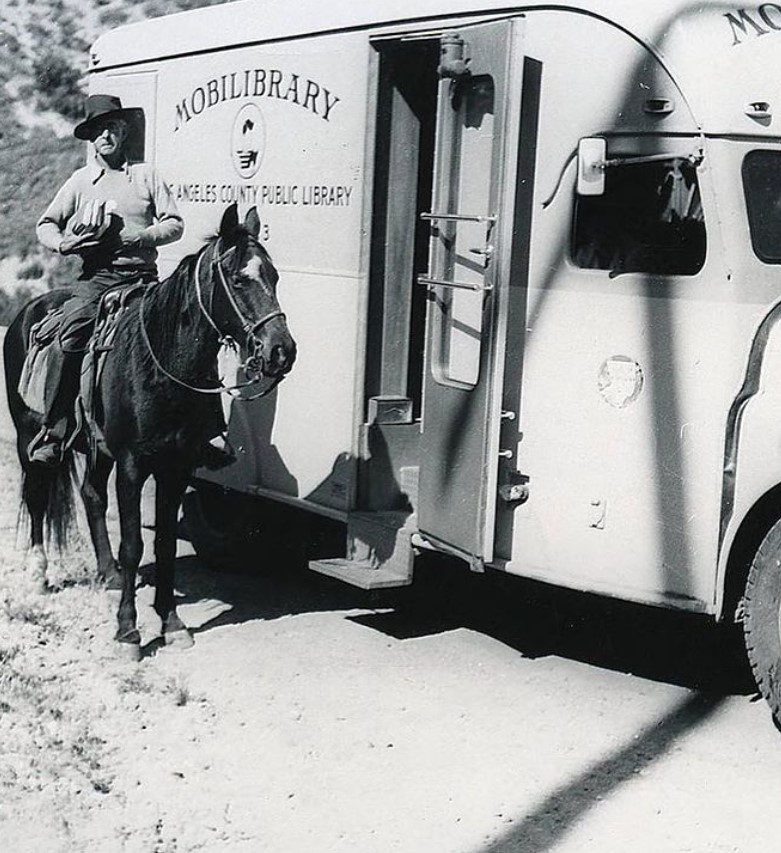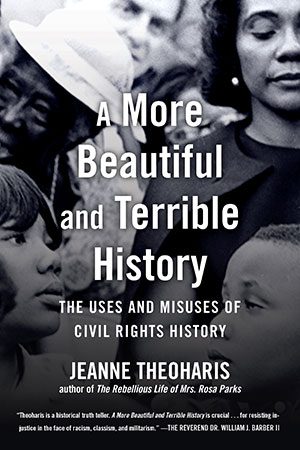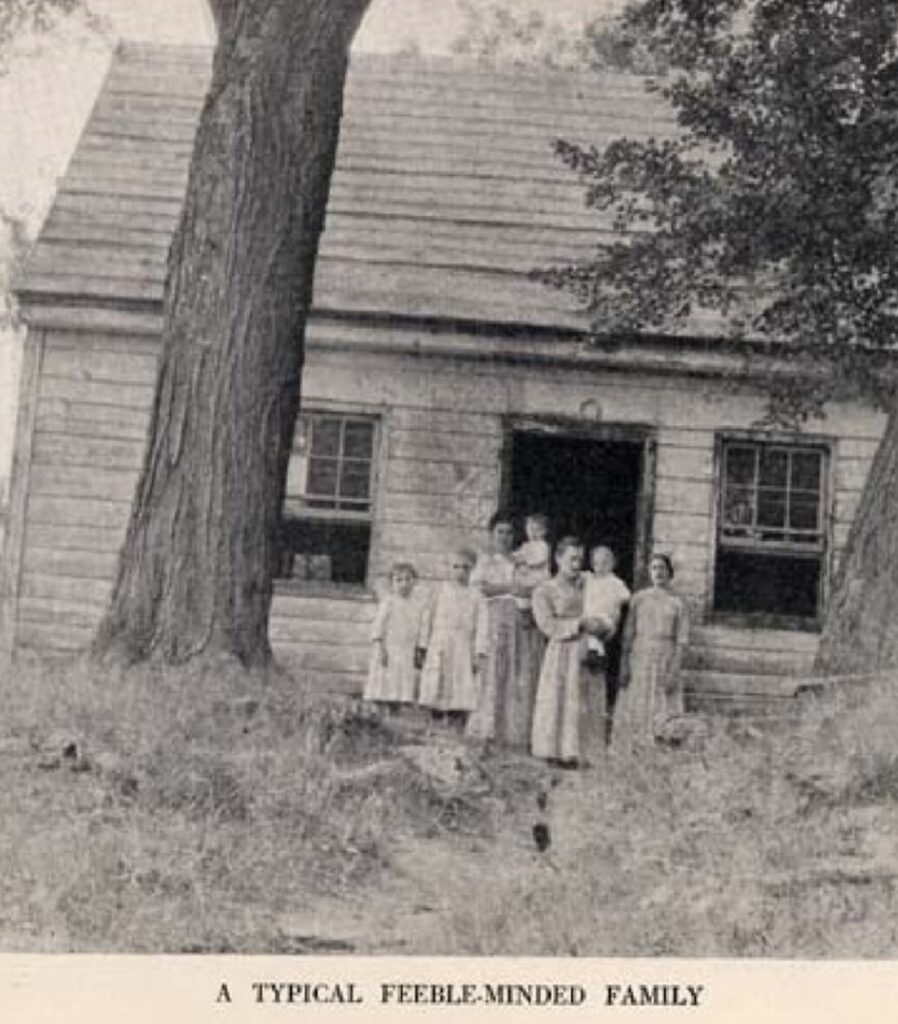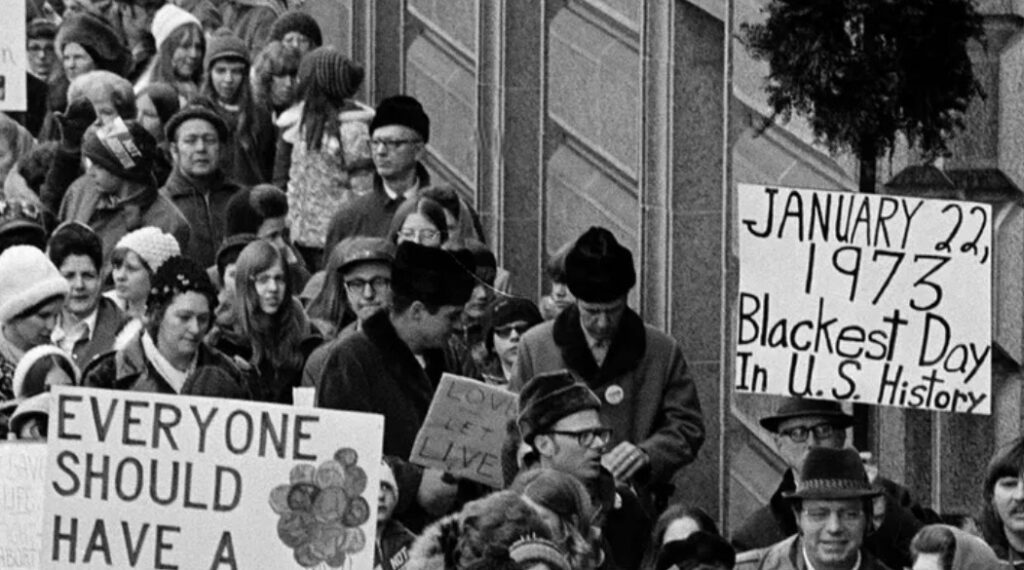
A 1973 photo shows an estimated 5,000 people, women and men, marching around the Minnesota Capitol building protesting the U.S. Supreme Court’s Roe v. Wade decision.
news, new scholarship & more from around the world

A 1973 photo shows an estimated 5,000 people, women and men, marching around the Minnesota Capitol building protesting the U.S. Supreme Court’s Roe v. Wade decision.

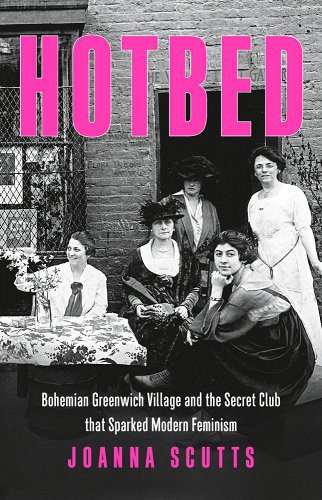
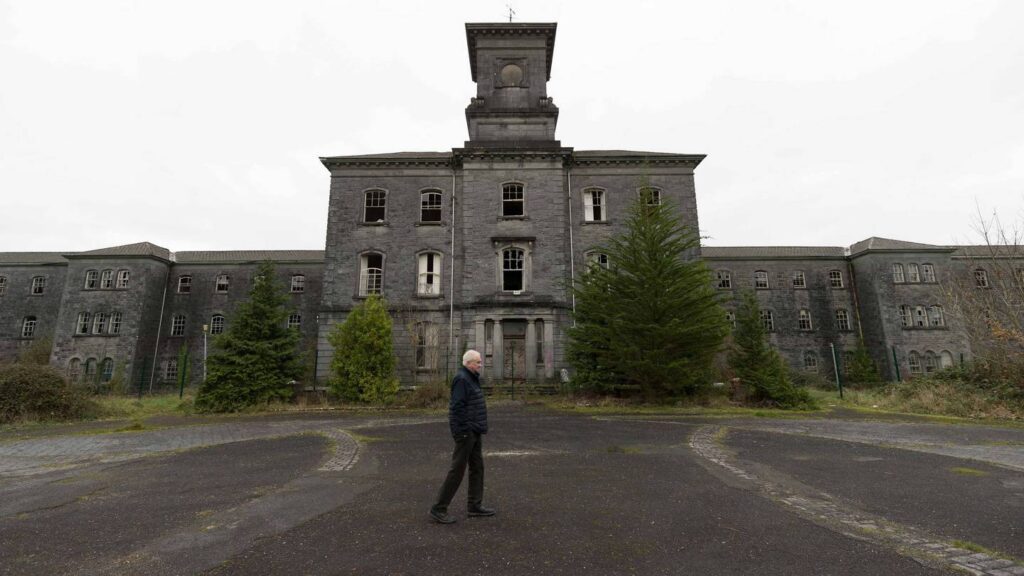
Eddie Lough at Our Lady’s Hospital in Ennis, Co Clare: Before Our Lady’s closed 20 years ago, the former assistant chief nursing officer took it upon himself to salvage its extensive paper archives.
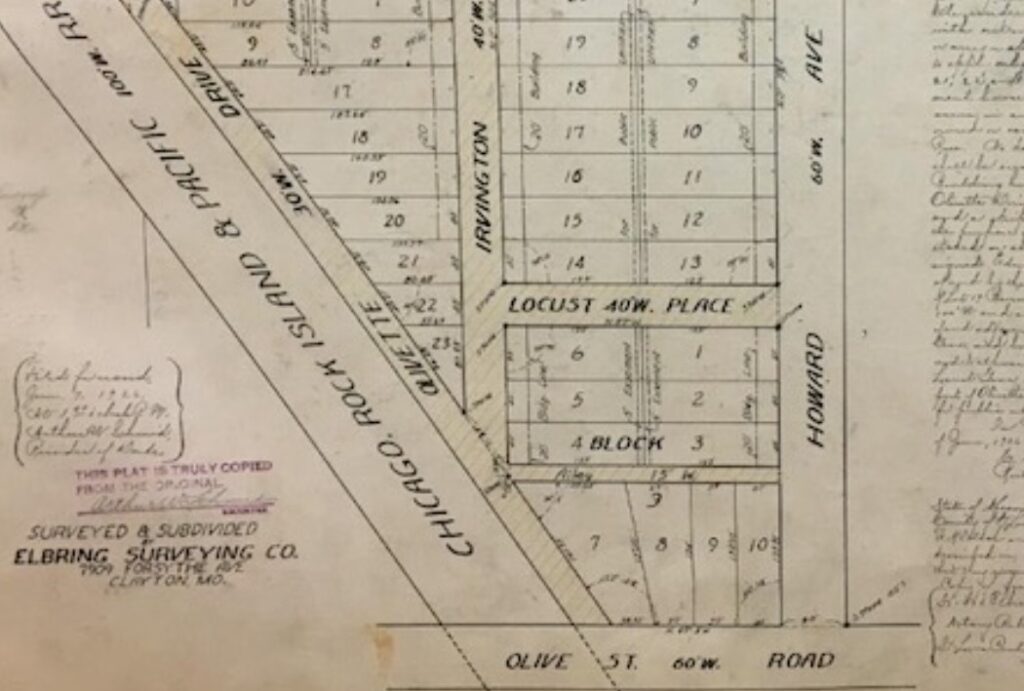

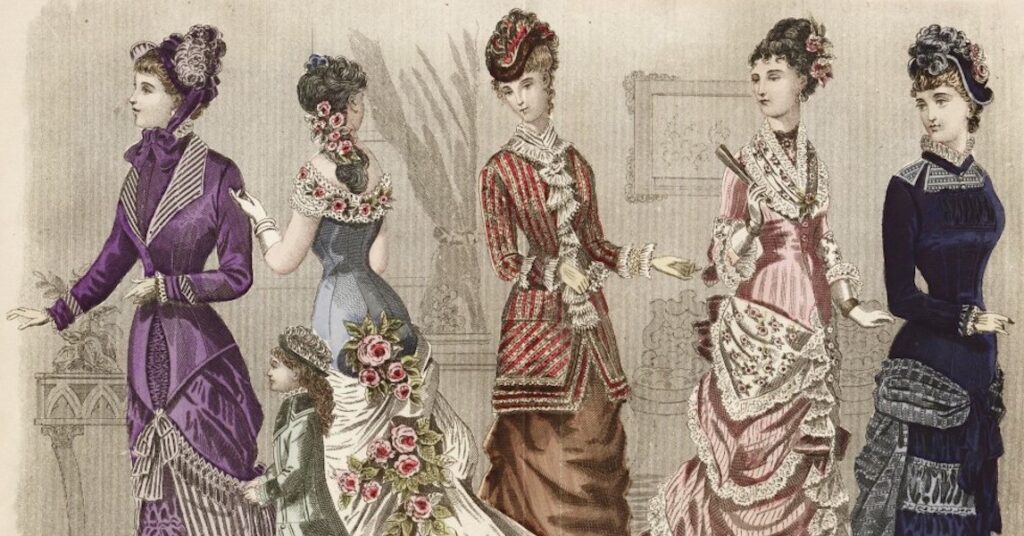
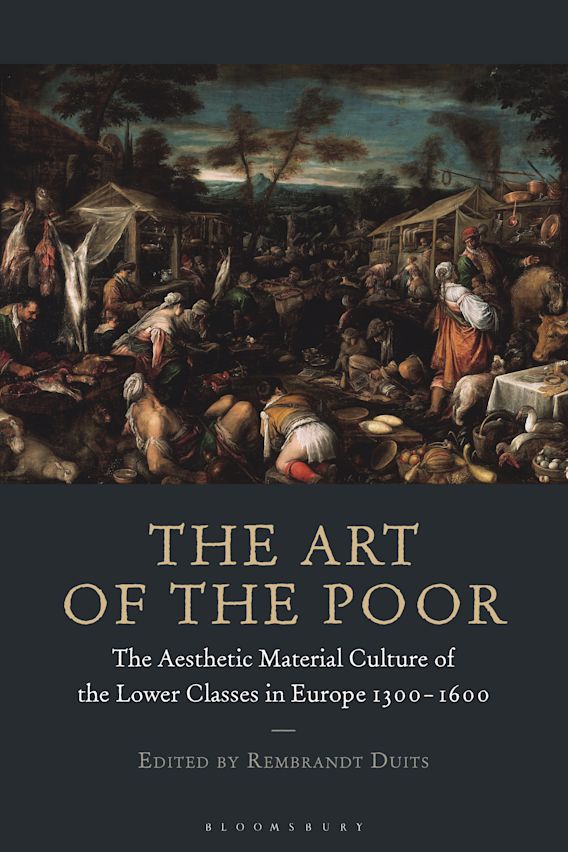

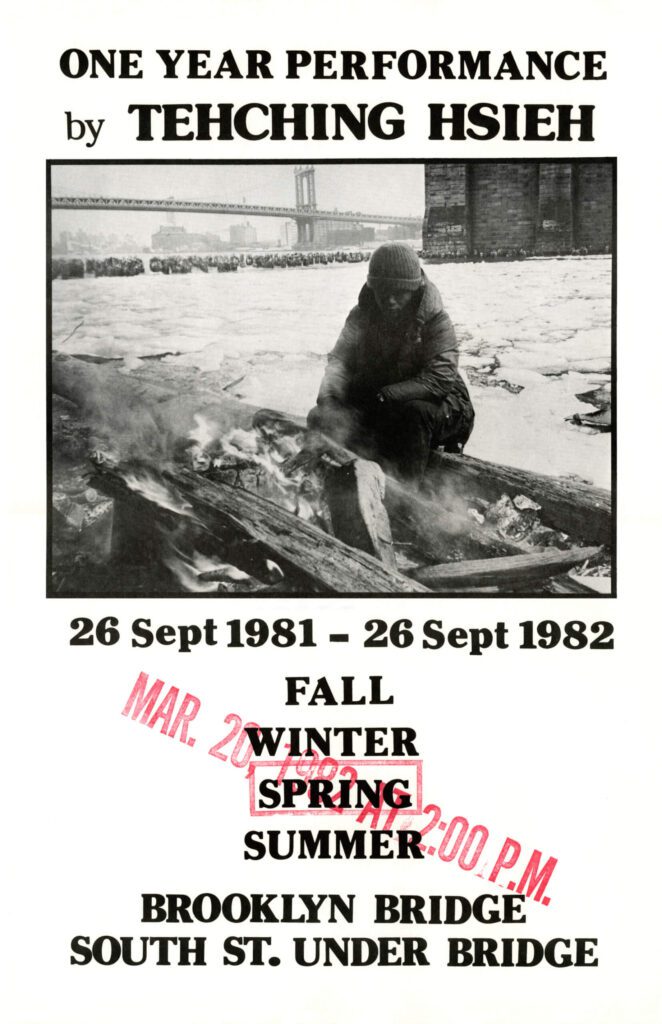
Poster for One Year Performance 1981-1982.


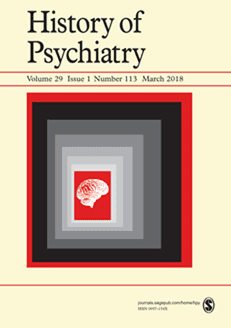
History of Psychiatry, Ahead of Print.
The present study investigates the role of Taiwanese psychiatrists in turning neurasthenia into a culture-specific disease in the late twentieth century. It first delineates the shift in both explanatory models of psychoneuroses and patient population in post-World War II Taiwan. Neurasthenia became a focus of international attention in the 1970s and 1980s with the advance of cultural psychiatry, and, as China was closed to the outside world, Taiwanese psychiatrists were influential in framing the cultural meaning of neurasthenia. With the rise of post-socialist China, Taiwan lost its status as a key laboratory of Chinese studies. This paper argues that the history of neurasthenia during the period was closely associated with the professional development and national identity of Taiwanese psychiatrists.
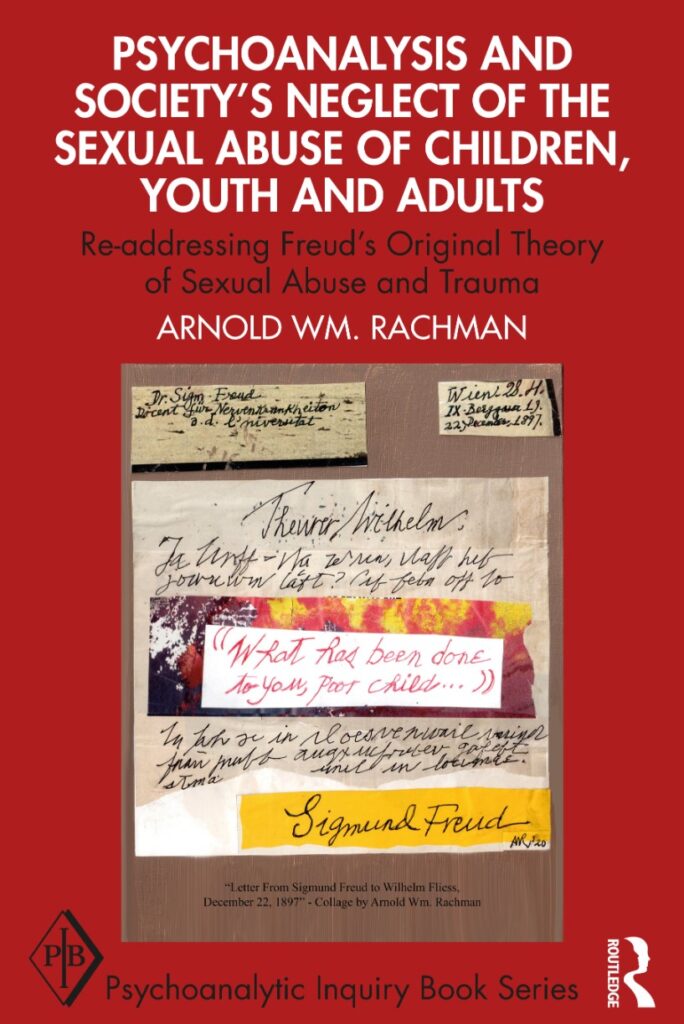
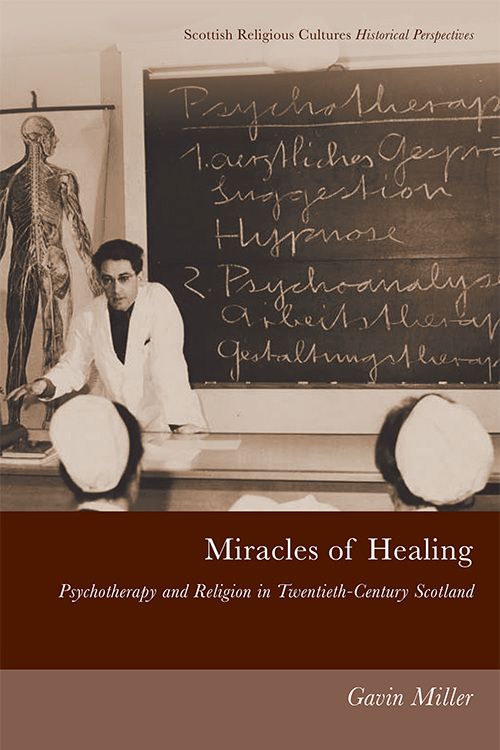
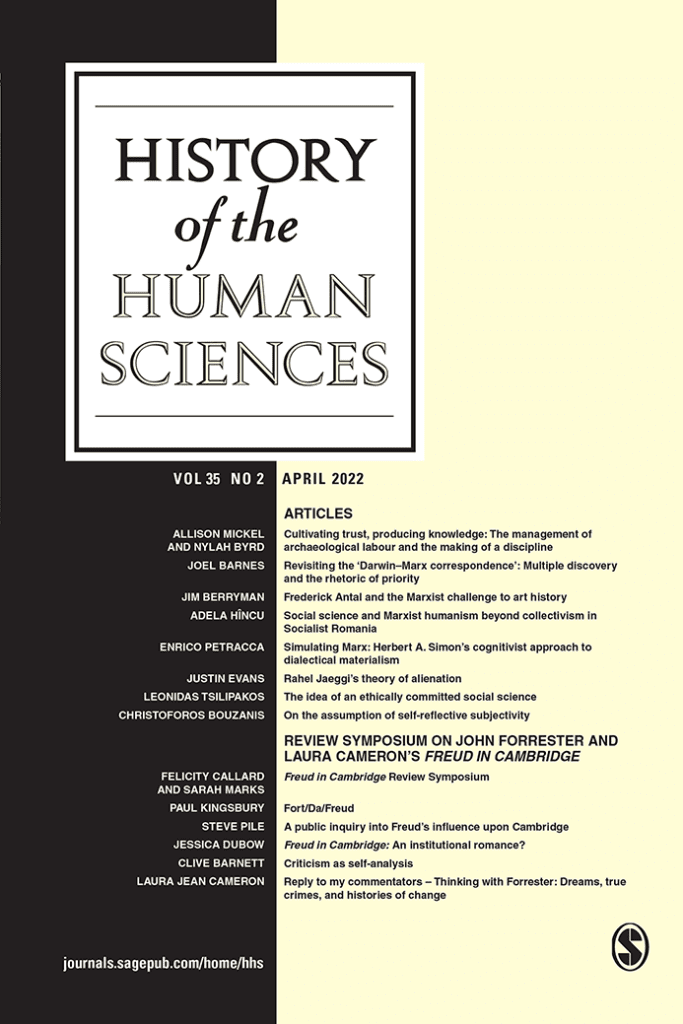

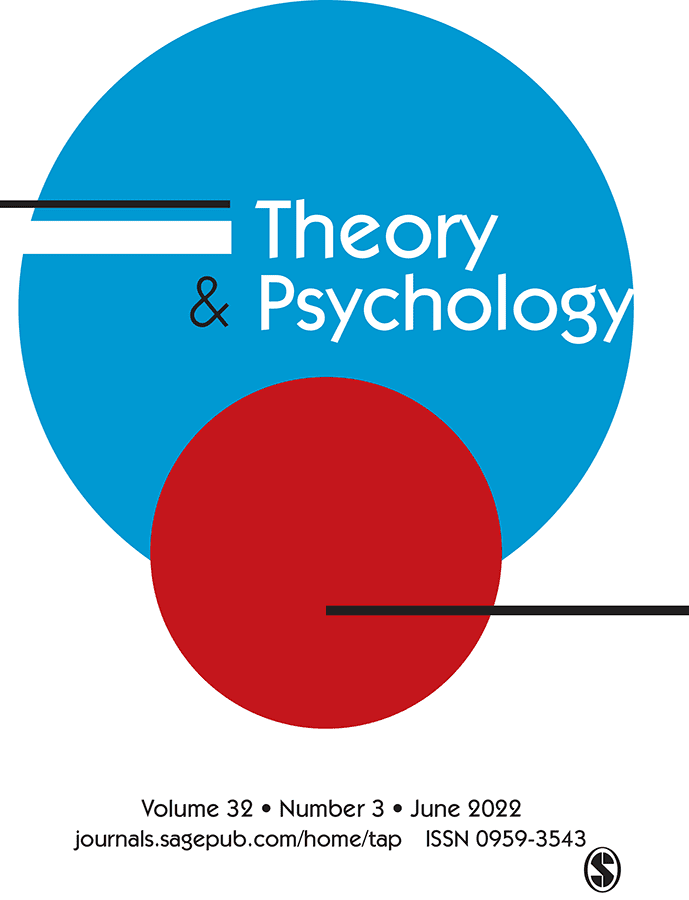



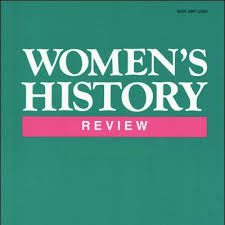





William F. Buckley Jr., pictured here in 1958, once joined other conservatives in denouncing “Communism” in the schools.



Lubken, Walter J. (n.d.). Photograph of young female students standing next to made beds at the Phoenix Indian Industrial School. U.S. Bureau of Reclamation, Phoenix Area Office.



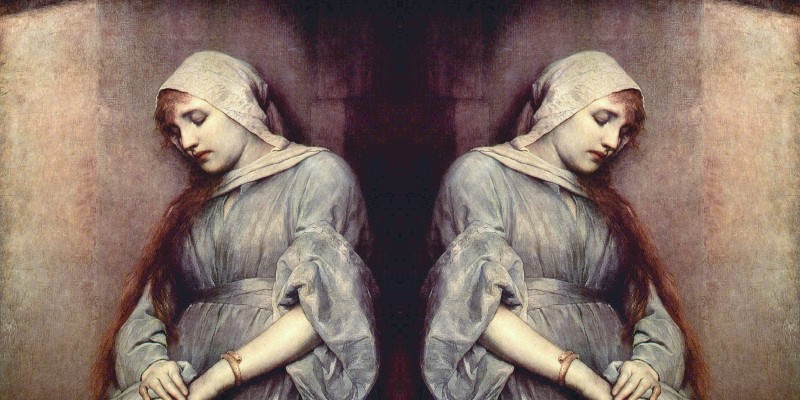

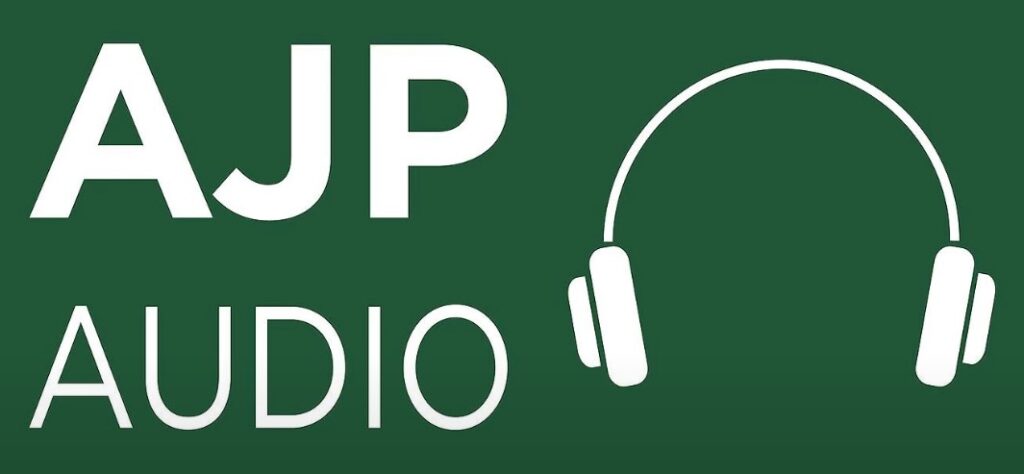

Protestors rally in downtown Toronto against the Mike Harris government, which slashed social assistance rates by 21.6 percent in the mid-1990s.
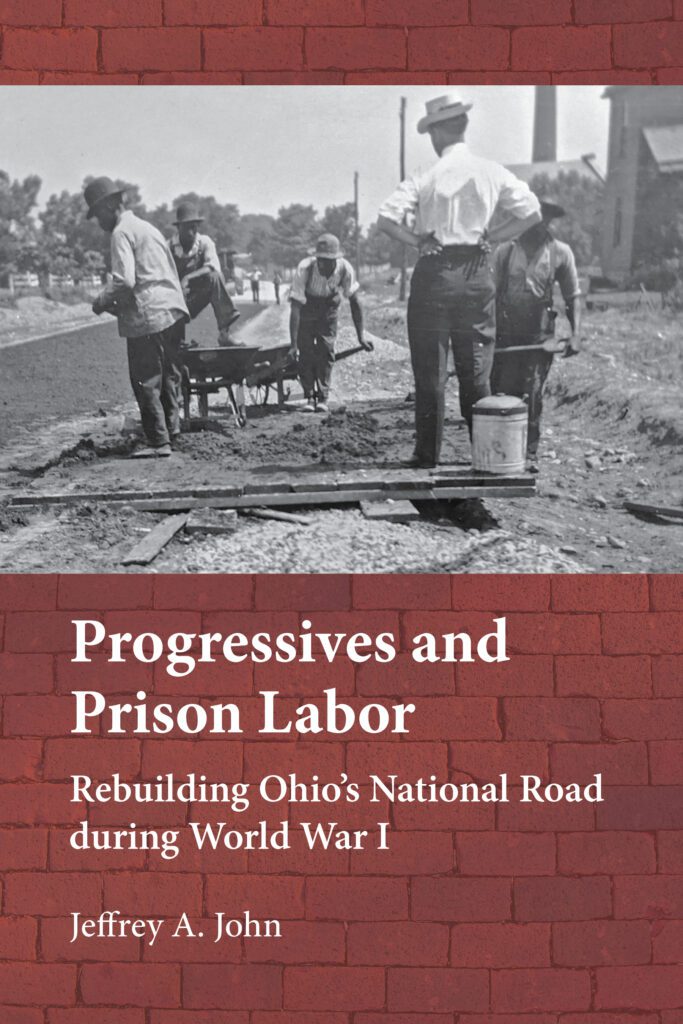


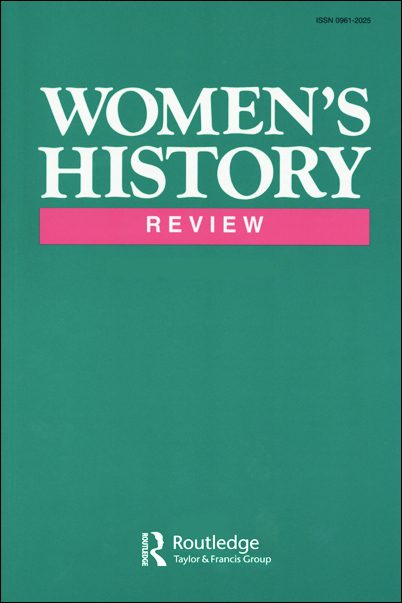
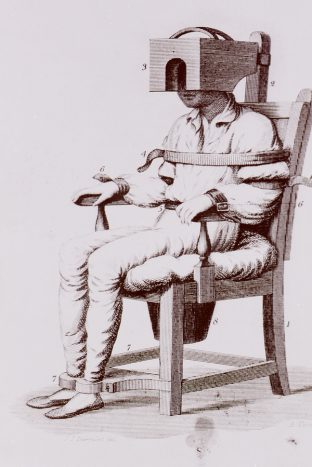
Developed by Dr. Benjamin Rush, the spinning tranquilizing chair required patients to be strapped in and with their eyes covered while the chair spun around in a circle. Based, in part, on the rotational theory, it was believed that spinning the patient in a controlled environment would help to reduce or eliminate congestion within the brain and, thus, curing mental illness.
